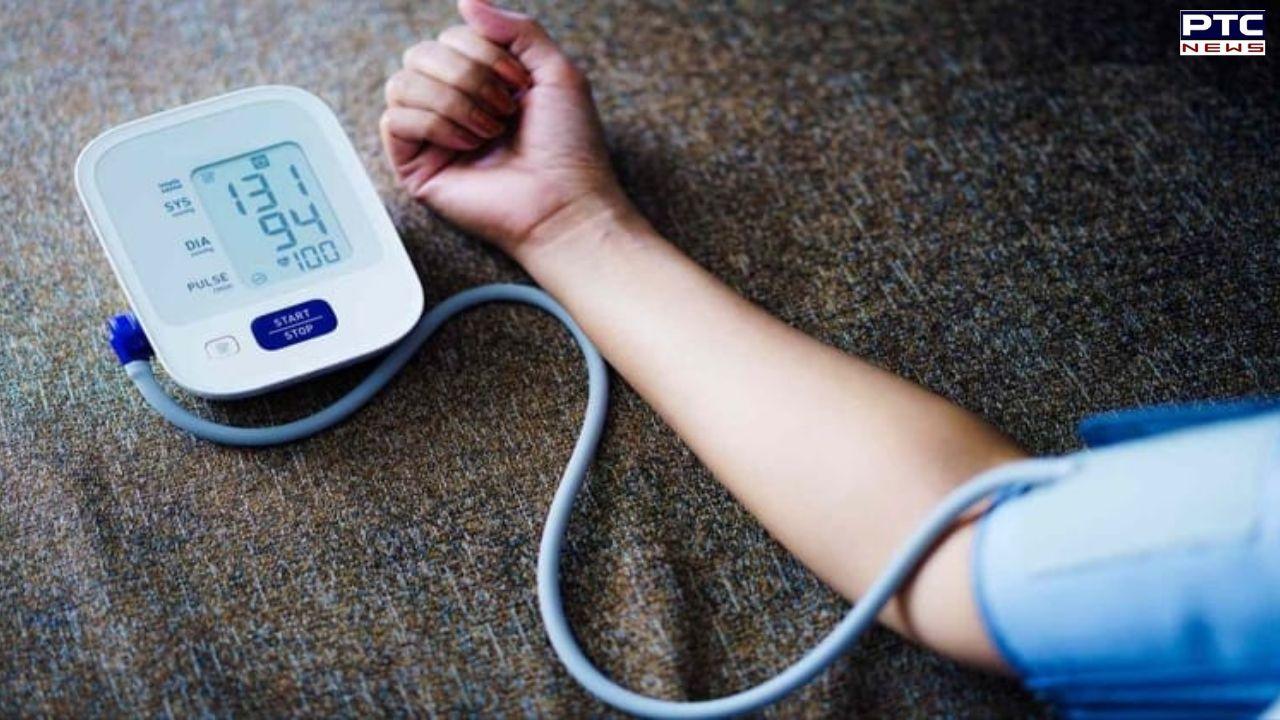

High blood pressure can increase risk of strokes: Study
PTC News Desk: A Michigan Medicine study discovered that high systolic blood pressure (the top number on a blood pressure reading and how hard the heart pumps blood to the arteries) raises the risk of the two most frequent types of strokes over time.
The study examined the average systolic blood pressure years before the first stroke in over 40,000 persons aged 18 and up with no history of stroke.
Researchers looked at three types of strokes: ischaemic, which is caused by a clot that cuts off blood supply to the brain and accounts for more than 85% of all strokes; intracerebral haemorrhage, which is a bleed within the brain; and subarachnoid haemorrhage, which is bleeding between the brain and the tissues that surround it.
They found that having a 10-mm Hg higher mean systolic blood pressure was related to a 20% higher risk for overall stroke and ischaemic stroke, as well as a 31% increased risk of intracerebral haemorrhage.
Senior author Deborah A. Levine, M.D., M.P.H., professor of internal medicine and neurology at the University of Michigan Medical School said: "Our results suggest that early diagnosis and sustained control of high blood pressure over the lifespan are critical to preventing stroke, ischemic stroke and intracerebral haemorrhage, especially in Black and Hispanic patients who are more likely to have uncontrolled hypertension than white patients."
Black patients exhibited a 20% greater risk of ischaemic stroke and a 67% higher risk of intracerebral haemorrhage compared to white patients.
Hispanic patients had a 281% greater risk of subarachnoid haemorrhage, but no other type of stroke, than white patients.
While Black and Hispanic patients were at a higher risk of stroke, researchers found little evidence to imply that race and ethnicity influenced the connection between cumulative systolic blood pressure and the kind of stroke experienced by any patient.
"Examining racial inequities advances our understanding of the social, economic and political structures that affect health behaviours and risk for stroke among racial and ethnic minority groups," Kimson E. Johnson, PhD, M.A., M.S.W., first author and postdoctoral research fellow at the University of Michigan, stated.
While systolic blood pressure is a modifiable target for preventing stroke and other cardiovascular problems, a 2020 national study found that blood pressure control in the United States deteriorated between 2013 and 2018, particularly among Black and Hispanic adults.
Although self-monitoring of blood pressure improves blood pressure diagnosis and control and is accurate and cost-effective, Levine believes it is an underutilised technique. "Two major barriers to self-monitoring of blood pressure are lack of patient education and insurance not covering the home blood pressure monitors, which cost $50 or more," she added.
"Health care systems and providers must educate and urge their patients to do home blood pressure monitoring, and insurers must pay for home blood pressure monitors to optimize people's blood pressure and reduce their chances of having a stroke."
- ANI
